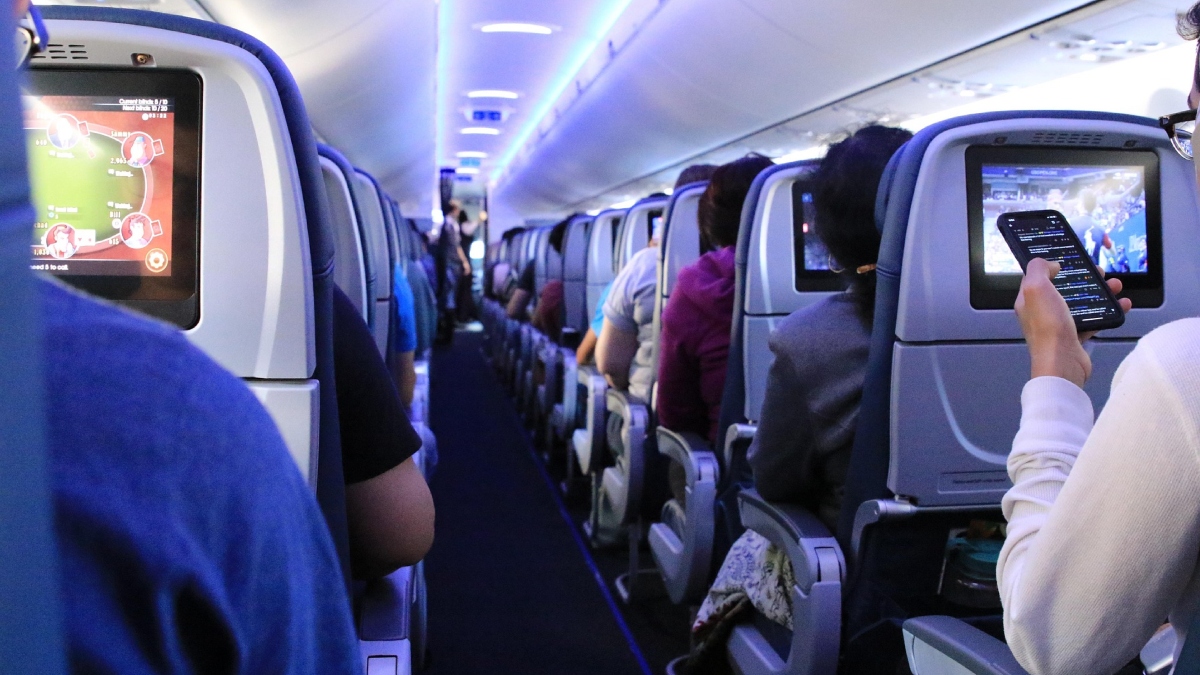Several Asian airlines are adjusting their flight routes and schedules in response to escalating hostilities between India and Pakistan, which have led to disrupted airspace and heightened safety concerns.
On Wednesday, India launched strikes on Pakistan and Pakistani Kashmir, while Pakistan claimed to have downed five Indian fighter jets — marking the most intense clashes between the two nuclear-armed nations in over two decades. As a result, international airlines swiftly responded, diverting or canceling flights to and from Europe to avoid the volatile region.
By Wednesday morning, over 52 flights to or from Pakistan had been canceled, according to FlightRadar24. The Pakistan army confirmed that 57 international flights were in the country’s airspace when India initiated the strikes.
Domestic travel was also affected, with India temporarily shutting down multiple airports, leading to cancellations for major airlines including Air India, IndiGo, SpiceJet, and Akasa Air. IndiGo’s shares dipped by 1.8% following the disruptions.
Taiwan’s EVA Air announced it would reroute its Europe-bound flights to bypass the affected airspace for safety. A flight from Vienna was diverted back to the Austrian capital, while a Taipei-Milan flight was redirected to Vienna for refueling. EVA Air shares dropped by 1.7% amid the adjustments.
Korean Air also shifted its Seoul Incheon–Dubai route to a southern path, bypassing Pakistani airspace in favor of a route over Myanmar, Bangladesh, and India. Similarly, Thai Airways and Vietnam Airlines reported making route changes, while Taiwan’s China Airlines canceled some flights to European destinations, including London, Frankfurt, and Rome. Those that continued were forced to make unscheduled technical stops in Bangkok and Prague for refueling and crew changes, leading to a 2% drop in the airline’s shares.
Meanwhile, Lufthansa’s Delhi-Frankfurt flight opted for a longer route over the Arabian Sea, avoiding the conflict zone.
The Association of Asia Pacific Airlines raised alarms about the broader impact of conflicts on airline operations, particularly highlighting the threat of GPS spoofing — a malicious technique that manipulates navigation data, posing severe safety risks to flights operating near conflict zones.
“Apart from cost and operational disruption, there are safety concerns as GPS spoofing interfering with flight operations over conflict zones is one of highest risks the industry faces,” the association emphasized.






